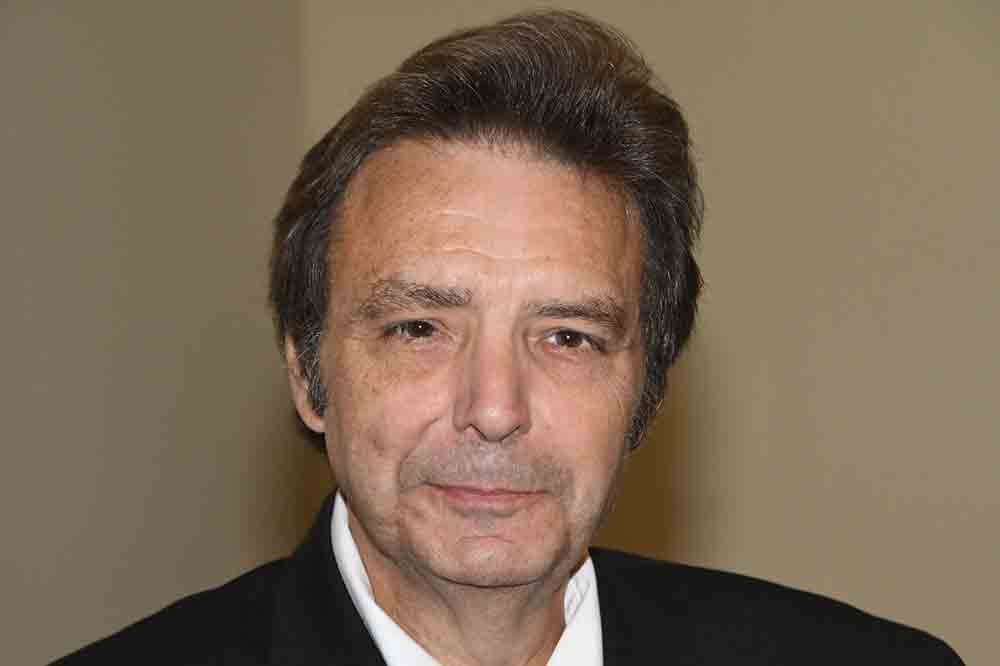
A 9/11 Commentary by Dr. Sam Hoff
9-11 + 22: FIGHTING TERRORISM AND SAVING DEMOCRACY
by Dr. Samuel B. Hoff
As we reflect on the twenty-two years since the terrible terrorist attacks against the United States, many things have changed and some have not. The specter of international terrorism haunted America before September 11, 2001 and continues to do so. Meanwhile, Americans have had to contend with criticism of certain anti-terrorism policies from various sources and simultaneously adapt to the new world around us.
The military operation to remove Al Qaeda and its Taliban backers from Afghanistan in 2001 was enormously successful. However, later decisions by two presidential administrations to abandon Afghanistan caused a return of the Taliban regime there. Our 2003 incursion into Iraq may have removed Saddam Hussein, but it also led to a civil war between Islamic groups, to our rotating policies of surge and withdrawal„ and to the emergence of an Al Qaeda remnants group, ISIS, which later controlled major parts of both Iraq and Syria. Presently, the most prevalent and dangerous global areas of terrorist activities occur in the Mideast and certain African nations such as Somalia, both regions where the United States is involved now.
There are several ongoing issues with our long-term response to the 9-11 attacks.
For one, the treatment of detainees within Iraq, at CIA-backed secret sites abroad, and at Guantanamo Naval Base in Cuba has received harsh rebuke. Allegations of abuse and torture have allowed our adversaries to point out the hypocrisy of our behavior in contrast to our opposition to such charges elsewhere.
Further, the delay in prosecuting and finally sentencing alleged terrorists being held at GITMO more than two decades after 9-11 has perpetuated negative views of the American justice system as a whole. Instead of planning full trials for the accused, military officials should accept plea bargains if that means moving on. For each day the United States postpones the adjudication of justice there, it opens itself to both international scorn and scrutiny by the United Nations and other organizations.
Moreover, the Saudi Arabia connection to the 9-11 terrorist attacks is being buried by U.S. government authorities in order to maintain a deluded alliance with the Saudis. In fact, every presidential administration since 2001 has taken some steps to prevent prosecution of offenders, including Barack Obama, whose veto attempting to shield them was overridden.
Back home, the Capitol attack on January 6, 2021 demonstrated that Americans can become radicalized and act out on beliefs. Along with previous incidents of domestic terrorism, this event likewise pointed to the existence of strong anti-government groups. Without question, political polarization and lack of civility in society have
provided further impetus to these organizations.
Many normal habits have changed from the start of the millennium, a consequence of the security fears which 9-11 instilled in us: screenings have increased; bags are checked; lockdowns are practiced. Yet, today these protocols are being employed just as must to prevent a domestic mass shooter as a potential terrorist.
The most devastating result from the 9-11 attacks and its aftermath is not the loss of resources but of people, innocent civilians and dedicated military personnel. As we mourn them on this day of commemoration, let us all be comforted in knowing that their bravery and sacrifice evoke the best of America.
Though it took almost two years to produce, the Biden White House finally cranked out an official National Security Strategy document for the United States to follow.
One thing’s certain regardless of what the aforementioned contains: fighting terrorism is a dirty business and sometimes forces choices between military necessity and moral obligation. Reconciling those alternatives will not only lead to success on the battlefield, but in saving democracy itself.
Dr. Samuel B. Hoff is George Washington Distinguished Professor Emeritus of History and Political Science at Delaware State University. He served as ROTC Director from 1993-1999.

